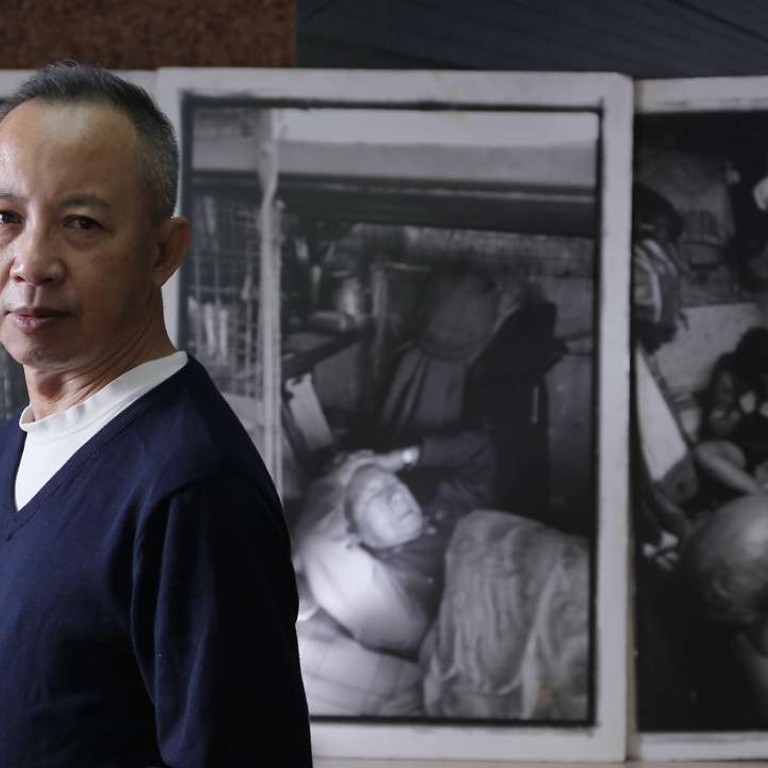
Hong Kong people’s champion still fighting poverty with a passion
He’s spent decades helping the city’s poorest and campaigning for greater social justice, but Ho Hei-wah is still grappling with the challenges ahead
Veteran social activist Ho Hei-wah’s career began when he ran away from home at the age of 17.
It was the early 70s and Ho’s family wanted him to inherit the family’s jade business. Ho, who wanted to study, opted instead to become a teenage runaway, working odd low-income jobs to fund his educational pursuits.
This glimpse into working-class life was the spark that triggered Ho’s passion for social justice and poverty alleviation – a passion that eventually propelled him into a decades-long career fighting for the city’s most vulnerable populations.
Known as the “voice of the poor”, Ho, 62, is now director of the human rights non-profit Society for Community Organisation (SoCO), where he has worked for 35 years. The organisation provides services for disadvantaged groups including the poor, ethnic minorities, new immigrants and ex-offenders.
Also a member of the Commission on Poverty, Ho was named by Time magazine in 1997 as one of the 25 most influential people in Hong Kong.
According to the government’s latest report on poverty, there were 1.34 million people living below the official poverty line, the highest number since 2009 and about 20,000 more than in 2014. While the number of poor people dropped to 971,000 when government welfare was taken into account, they still represented 9,000 more than the year before.
The rate of poverty also rose from 19.6 per cent to 19.7 per cent. The poverty line is drawn at half of median household income according to household size.
As Hong Kong continues to grapple with myriad social issues, Ho sat down with the Post to reflect on his career and discuss his views on the city’s most crucial domestic problems.
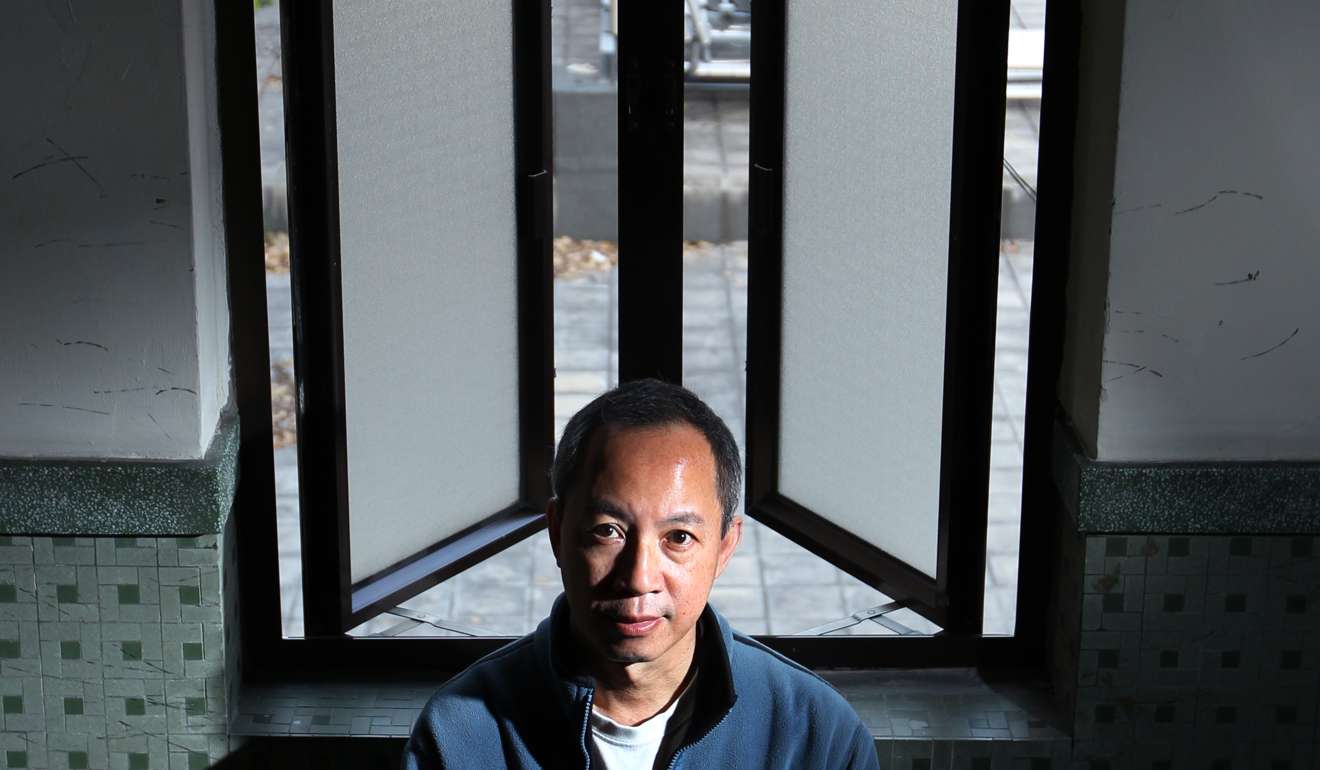
Wealth disparity. I’ve been working for poor people all these years. The government has been offering Low-income Working Family Allowance or Old Age Living Allowance that gives each old person more than HK$2,000 per month, and has been pledging to improve the situation through economic development. But the problem is that there are still many poor people in Hong Kong, despite the city’s ever-developing economy.
I do not believe the government has been doing enough, especially under the beneficial [economic] influence of the mainland. The wealth gap is still wide, and getting wider yet. This is a big problem [and] we don’t have a better system to redistribute wealth. Economic development has also been too biased towards big enterprises and industries.
What are some other issues?
Hong Kong is facing the big interrelated problem of a large number of people living persistently in poverty and [lack of] room for slightly well-off younger people [to achieve] upward mobility.
Are young people being given opportunities and room for self-development? This is a very important point. We need to think about whether there has been enough investment made into education and improving mobility.
If you look at data from the past 10 years, the average income has basically been flat, with some industries even in slight decline. Graduates young and old don’t like to see their careers going flat. We must let them see a way ahead, opportunities for development. Only then will they drive themselves upwards and see hope and happiness in their lives.
Now, you see young employees wasting time on a job without getting results, say, after 10 years. They can’t afford to buy their own flat because their wages have stayed basically at the same level, no matter how hard they work or how many jobs they try. They see no future.
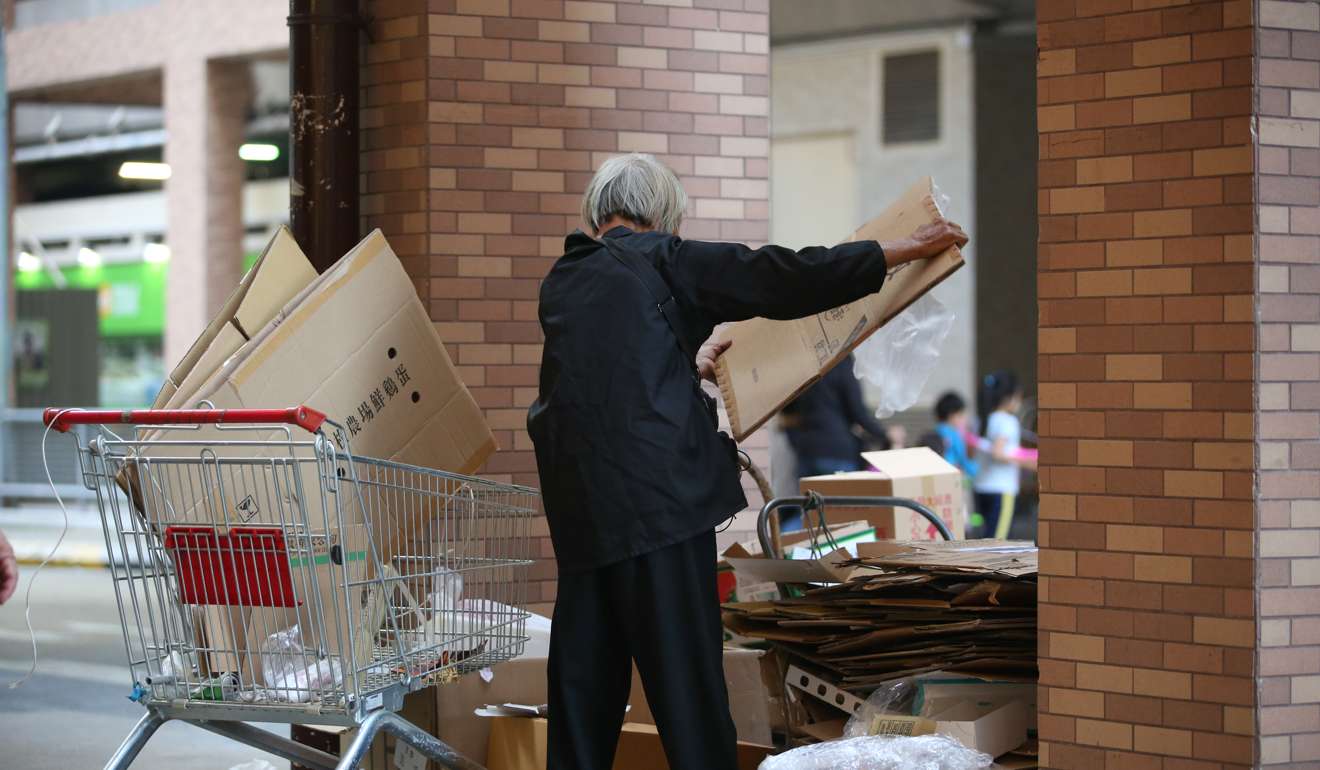
Lastly, housing is a huge issue. Without proper land, none of the above issues can be solved. Even with economic development and government subsidies over recent years, rents have been soaring.
How can we tackle these problems?
I think wealth disparity can be dealt with in many ways. First, we can’t just do it through natural economic growth. And that’s why I always criticise the financial secretary and others who have all believed that economic growth alone could solve the problem of poverty.
There must be government intervention, which, I think, includes a compulsory review of our taxation system
There must be government intervention, which, I think, includes a compulsory review of our taxation system. Economic development should not only benefit big enterprises. The economy should be diversified to create more opportunities to benefit individuals small-to-medium enterprises for development. I think big enterprises that have made so much money in Hong Kong should also pay more back to society.
The government can also do much better in terms of land planning. We have lots of land being abandoned in the New Territories, or being turned into brownfield land for container trucks. That isn’t the most efficient use of land.
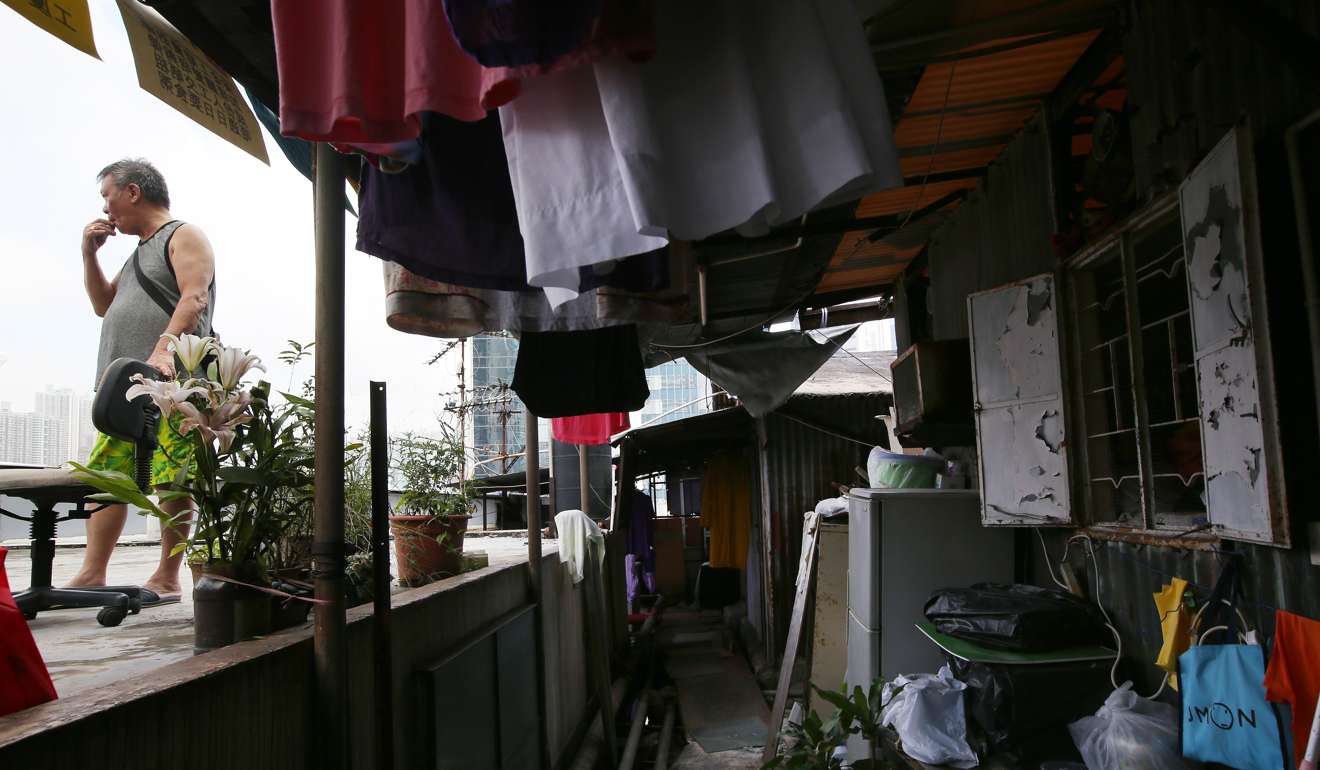
You supported Leung Chun-ying’s administration back in 2012 and were optimistic about the changes he could make. What do you think of his administration now? In retrospect, are you disappointed?
The current government administration under Leung has in fact been trying to do more to help the poor. But I am very disappointed in the government’s failure to address the problem of Hong Kong’s wealth inequality.
Like I said, we need much bigger social reform to improve the problem. The current government has been keeping a traditional and conservative mindset in this regard, still thinking that the government shouldn’t be meddling in these kinds of economic policies. This makes it hard to create fundamental change because poverty assistance alone – despite the much higher expenditures already implemented by the current government – is not enough.
I hope the next chief executive will be able to reform society in this regard.
How did you enter social work and first join SoCO?
When I was young, people considered me to be a wayward guy in a sense that I didn’t quite agree with many school rules and regulations. I was a bit rebellious, hated constraints. I just couldn’t put my heart or fit myself into school life.
Then I was eventually expelled from school, due to my long hair. It was the Beatles era back then. My school was very conservative and traditional, hence I dropped out. My father then asked me to help out with the family jade business, [and] I was sent to this relative’s store to become an apprentice.
But those two-odd years of apprenticeship made me feel the hardship of being a low-class worker. I told my family back then that I did not want to continue with that jade apprenticeship. I wanted to return to school. My old man became very angry, and he expelled me from home.
Afterwards, I began life on my own and worked many jobs. I was a construction worker, a restaurant worker. I’ve also been a factory worker – anything to eke out a living and continue with my part-time studies. The more I worked as a low-class worker, the more I understood their hardship and felt that they were being exploited – in a very strong way back then.
I began to try to find a way out [and] I thought organising workers to join labour movements and fight for better labour laws was the right way to go. I volunteered to work with labour organisations, including the then well-known Hong Kong Christian Industrial Committee, where [former pan-democrat lawmaker] Lau Chin-shek had been working.
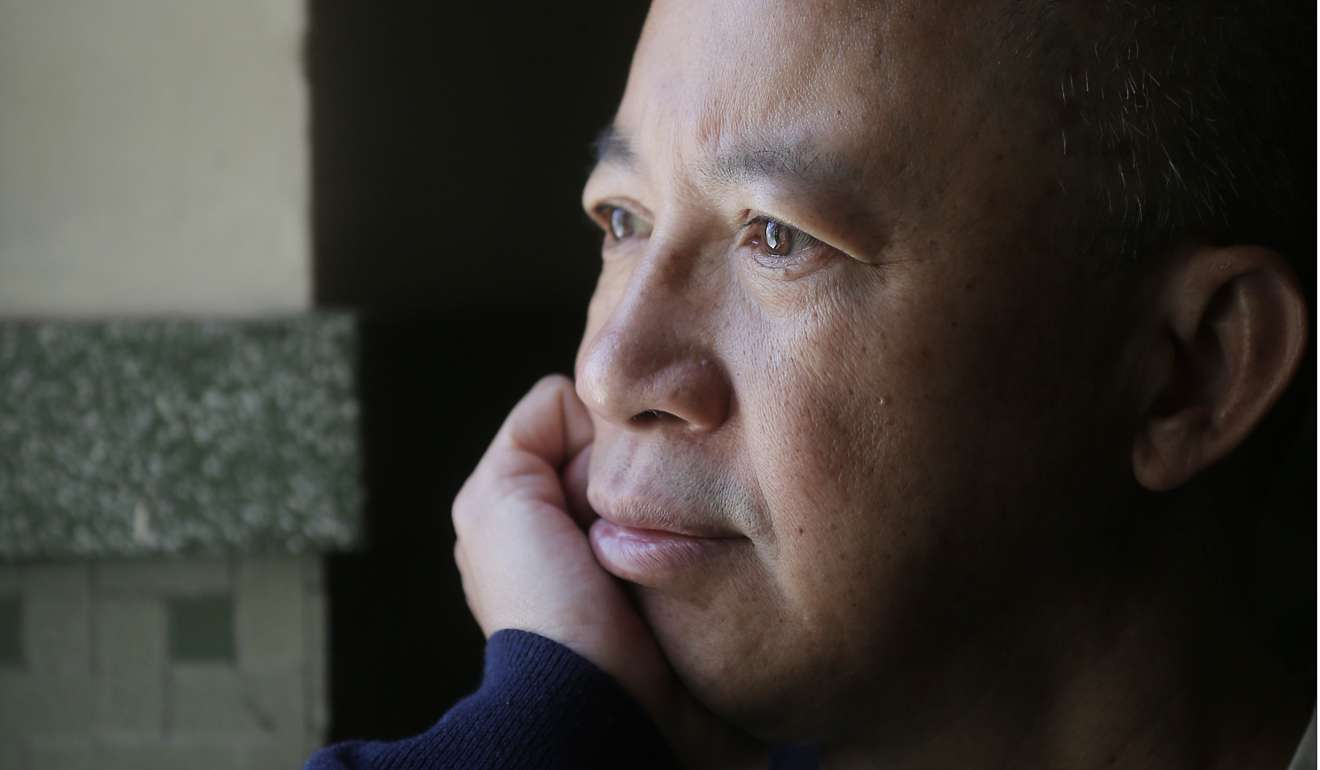
I began to do volunteer work in this area until the day Mr Lau came and told me that their chairman Dr Ding Lik-kiu wanted to hire a secretary and asked me if I was interested.
I did that for about three years, until the then director of SoCO approached me. SoCo wanted, in 1981, to start helping illegal immigrants who came from the mainland to Hong Kong in great numbers during 1979 to 1981.
Housing was the foremost problem for them. On hill slopes wherever possible, they built squatter huts and lived in very bad conditions. The government had no solution to settle them. SoCo wanted to start a programme [helping them] and invited me to join. I thought it was worth doing, and said yes. At first, I only intended to work there for a few years. I never expected to end up spending my whole life here!
How do you stay positive?
Having been in the same occupation for so long, every day I see lots of people who face huge difficulties in life. But rather than bring me down, their stories trigger my passion to work harder by forcing me to put myself into their shoes.
I too have been through hard and very difficult times. I understand that feeling of helplessness. The people I help are what spur me into working harder.
But after all these decades, nothing has been, or ever will be, easy. Like on the problem of housing, I started off [working] on tin squatter huts and I’m now working on subdivided cubicles. You have to keep on working and pushing while at the same time not anticipating any light at the end of the tunnel.
The most distressing thing is when you have nobody helping you and you have to face the problem alone
One of the most important things I learned from community work is that you must be prepared to work alongside people, to support them and work out solutions together. It’s very important to keep this kind of drive and emotional support in your workplace because when you are faced with a predicament, I’ve found that the most distressing thing is when you have nobody helping you and you have to face the problem alone.
If you’ve got someone there to aid and support you, it instantly brings a sense of hope and optimism.
What advice do you have for someone who wants to enter social work?
Our kind of work demands a lot of contact with people. It’s important to listen carefully to their problems and concerns. I think this is a very important point. I think there are many people who want to do this kind of work, to help society by joining the civil service or even through academic research.
But I’ve seen too many cases of people in these positions seeing and treating people as mere data, turning people into statistics. Even reasonable policies intended to help a vulnerable group might become [less effective] if you lose sight of the people you’re trying to serve. Doing our kind of work requires a willingness to engage with people, the crowd.
You also have to be humble. You’ve got to be prepared to serve them and stay optimistic. This profession also doesn’t promise big career development. And social issues might take a very long time to solve. You will easily give up or lose faith if you look at it from that perspective. You ought to find the meaning from within.

